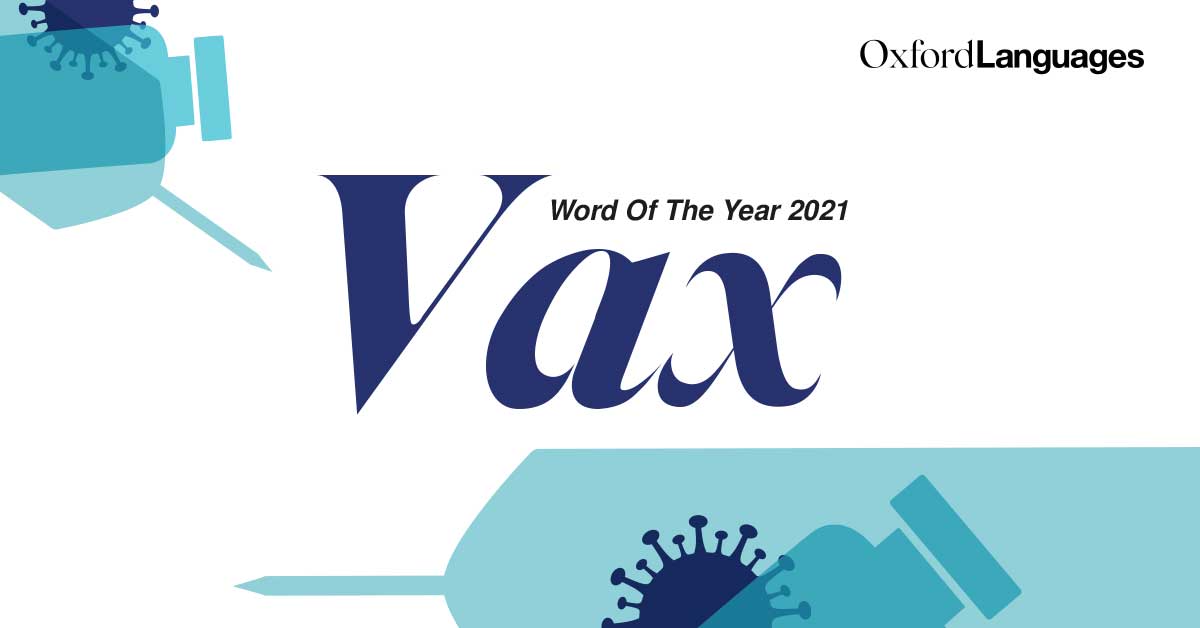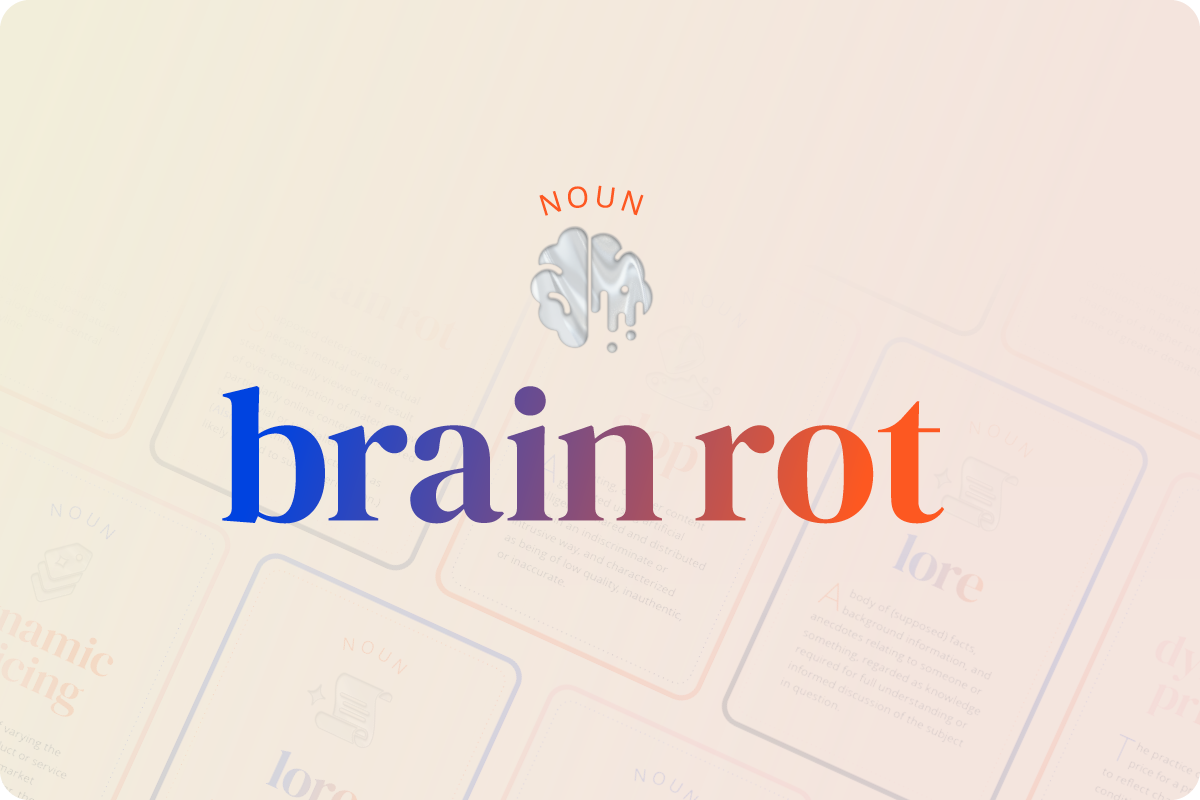Kakistocracy
Economist’s word of the year for 2024
The Greeks knew how to talk about politics and power
Some years it is hard to identify the main event, much less sum it up in a word. This is not the problem in 2024; the
return of Donald Trump to the White House after a four-year absence is consequential not only for the world’s most powerful country but also for its neighbours and everywhere else. Which word can capture the mix of surprise, excitement and trepidation people feel as the
maga movement returns to power?
First, a counterfactual. Had Kamala Harris won,
The Economist would have had a different shortlist for its annual “word of the year”. Her campaign was described as one of “vibes”, rather than policy. Her appeal to the young was captured in “brat” (youth slang for “a little messy and likes to party”); it was Charli xcx, a British pop star, who
offered Ms Harris that compliment. But Ms Harris did not win, and so “brat” is unlikely to go down in history except as the answer to a trivia question.
For the year’s defining word, it helps to look back—a long way. English has a host of political terms derived from Greek, because it got a lot of its political thinking from the likes of Plato and Aristotle. So if you go through the lexicon (itself Greek), a few roots abound.
Arche (ruler), for example, is found in monarchy, oligarchy and anarchy (the rule of one, the few and none, respectively).
Greek has another root for “rule”,
kratia, which is even more common. It features in democracy, aristocracy, gerontocracy, theocracy and plutocracy, as well as
meritocracy (a modern coinage for which Alan Fox, a British sociologist, married a Latin root with a Greek one in 1956). The Oxford English Dictionary is also full of rarer species such as ochlocracy (rule by the mob), gynaeocracy (rule by women) and thalassocracy (mastery of the seas).
Two other “-cracy” words seem appropriate in this election year. One is theatrocracy, or rule by theatre-goers. This sounds like it might refer to dominance by the media elites writing for the culture sections of newspapers. But the word has its origins in Plato, who described people skilled in fanning the emotions of the crowd at a theatre into a powerful political force. This might, in hindsight, have been a good word of the year for 2016, when a former reality-tv star with a talent for working the crowd was first elected president.
After Mr Trump
was re-elected on November 5th, the world watched anxiously as he began filling top jobs. Some picks, such as the sensible Susie Wiles for chief of staff and
Marco Rubio, a long-serving senator, for secretary of state, were qualified and competent. But a flurry of nominations in the week ending November 15th led to a spike in people looking up another “-cracy” word on Google.
Matt Gaetz, accused of sex and drug crimes and the subject of a congressional ethics investigation, was nominated to be the country’s highest law-enforcement officer.
Robert F. Kennedy junior, a man with crackpot views on vaccines, was to be secretary of health.
Tulsi Gabbard, a conspiracy theorist with nice things to say about the despots of Syria and Russia, was to run America’s intelligence services. And Pete Hegseth, a Fox News host sporting tattoos associated with the far right (and who had been accused of sexual assault) was tapped as defence secretary.
So the word everyone was Googling was kakistocracy: the rule of the worst. The first root,
kakos, is found in few others in English. “Kakistocracy” is not found in ancient sources; it seems to have been coined in English as an intentional antonym to aristocracy, originally “rule by the best”. Having spiked on Google Trends the day after
Mr Trump’s election, kakistocracy jumped a second time in the wake of these nominations. Searches surged a third time on November 21st, when Mr Gaetz announced that he would withdraw from consideration for attorney-general, suggesting that he was seen as the worst of the worst. The term was particularly popular in Democratic strongholds such as Oregon, Massachusetts and Minnesota.
Much remains to be seen about Mr Trump’s new
kratia. Last time round he seemed to fire more officials than most presidents have trips on Air Force One. (Many then became outspoken critics.) This time, though, he has chosen his people for their loyalty above all. And many of his supporters are delighted, seeing in his appointments a wrecking crew to pull down a deep state they loathe.
Kakistocracy has the crisp, hard sounds of glass breaking. Whether that is a good or bad thing depends on whether you think the glass had it coming. But kakistocracy’s snappy encapsulation of the fears of half of America and much of the world makes it our word of the year. ■
(economist.com)
‘Brain rot’ named Oxford Word of the Year 2024
‘Brain rot’ is defined as “the supposed deterioration of a person’s mental or intellectual state, especially viewed as the result of overconsumption of material (now particularly online content) considered to be trivial or unchallenging. Also: something characterized as likely to lead to such deterioration”.
After more than 37,000 votes on our shortlist, we're pleased to announce that the Oxford Word of the Year for 2024 is 'brain rot'.

corp.oup.com










